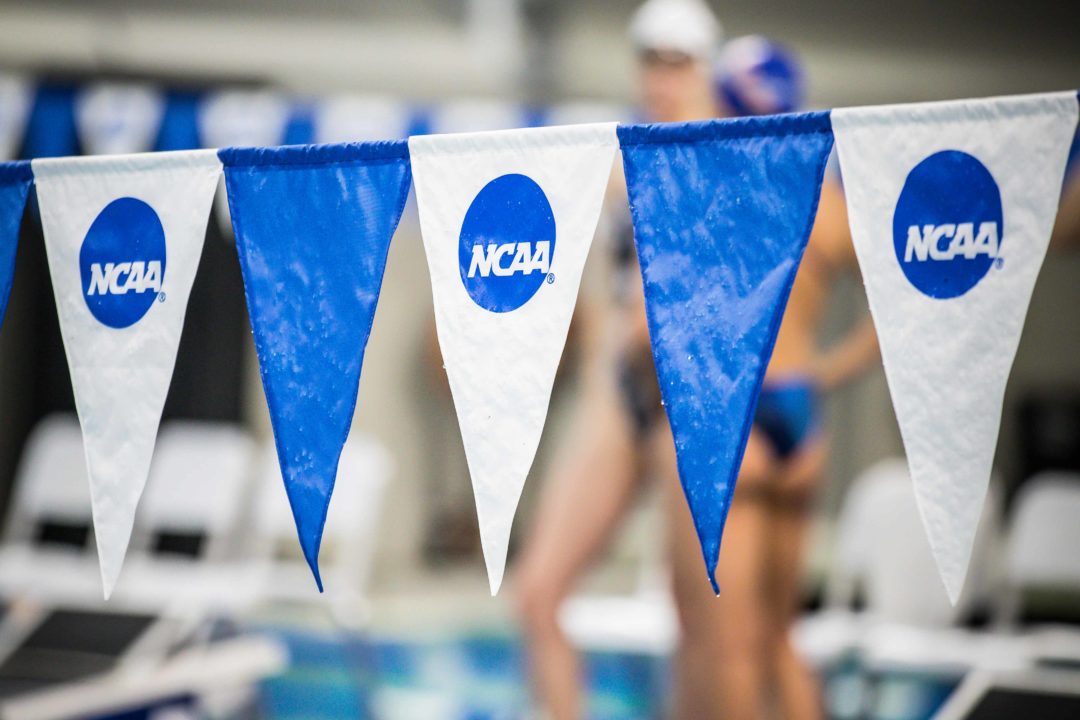The NCAA recently announced a plan to modernize its name-image-likeness (NIL) rules for the 2021-22 season and beyond, and the Division III‘s Presidents Council is considering its division-specific guidelines. The Presidents Council is the highest governing body in Division III.
The two concepts reviewed by the Presidents Council would allow DIII athletes to use their status as an athlete and be compensated for it in these situations:
- The promotion of academic and other endeavors involving their business activities or other opportunities.
- Participation in promotions and other endorsements.
Specifically, DIII athletes would be allowed to be compensated for things like tutoring, private lessons, book publishing, modeling, or autographs. These two concepts received support from the Student-Athlete Advisory Committee, Interpretations and Legislation Committee, and the Management Council.
“Allowing student-athletes to monetize their name, image and likeness is extremely important,” said Tori Murden McClure, Presidents Council chair and president at Spalding. “These changes will allow student-athletes to benefit from opportunities that other students enjoy when they employ their discipline, determination and hard work.”
More examples of things that DIII athletes could get paid for under the proposed rules (using NCAA language verbatim):
- Media activities
- Creative endeavors
- Research
- Class projects
- A personal business
- Being a brand ambassador
- Being in a commercial
- Making an appearance
Institutions (AKA colleges) themselves still cannot pay athletes, nor can they be involved with securing any promotions or opportunities for the athletes. Further, these opportunities could not be part of the recruiting process.
A few concerns were noted during the council meeting. Educating student-athletes on name, image and likeness will be important, the council said, as well as possibly prohibiting inappropriate endorsements such as sports wagering and alcohol. The division also must ensure the monitoring and reporting process doesn’t place too large of a burden on institutions.
Of course, a DIII athlete will typically have smaller media exposure and potential as compared to a DI athlete, but these amendments would give DIII athletes the novel ability to add income avenues based on their status as an NCAA athlete.
The goal is to have new NIL legislation adopted at the 2021 NCAA Convention and then implemented before the 2021-22 academic year.

This is incredible. I’m a D3 breaststroker @ Carthage College and I’m planning on becoming a freelance visual artist. I’m so excited to be able to official link my swimming endeavors with my media.
Great news and I hope they move forward with it My swimmer is interested in D3 schools and engages in creative endeavors that are normally compensated.
DIII doesn’t even give scholarships to athletes, they should be able to make the money to help pay for school.
It’s horreferaious (horrendous + nefarious) that they can’t already do this.
I don’t know why you provided further explanation for “horrefarious”. It’s a perfectly cromulent word.